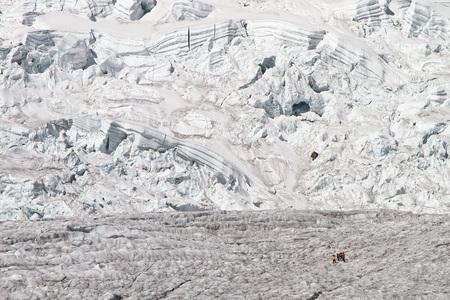Scaling regional sea level changes with climate forcings - physical mechanisms and applications for the future

Global sea level rise is one of the most distinct signs of a warming climate. The main causes for rising sea levels are the warming of the oceans and the resulting thermal expansion as well as the melting of glaciers and ice sheets. It is, however, the regional sea level changes that have serious consequences for the coastal population, infrastructure and economy, and that are therefore of great interest. Regional sea level changes may deviate greatly from the global mean, and simulations with complex climate models are necessary to understand them.
Recent research revealed that regional sea level changes follow a spatial pattern, the strength of which can be derived from e.g. global mean surface temperature. For coastal communities this would provide the possibility to estimate the range of possible future sea level change relatively easily and to take action in time to prevent damage. However, before the spatial patterns can be used for such practical purposes, it is important to understand what causes them, what the underlying physical processes are and whether the patterns are robust and therefore reliable.
These are the questions we want to answer in our research project. To do so, we will make use of the numerous existing model simulations of the climate of the past 150 years and investigate how the various forcing agents (e.g. greenhouse gases, aerosols or ozone) affect regional sea level change. We will use dedicated climate simulations that are performed with selected forcings only (e.g. with volcanic eruptions only, or with/without greenhouse gas emissions). Our goal is to identify a distinct spatial pattern that can be attributed to each forcing agent individually for each of the major contributors to sea level change (e.g. ocean warming and glaciers). We will also analyze how these patterns depend on the magnitude of the forcings.
Project
Project Leader:
Kristin RICHTER
Fabien MAUSSION
Members:
Anouk VLUG
Project Duration:
01/10/2017 to 30/04/2022
